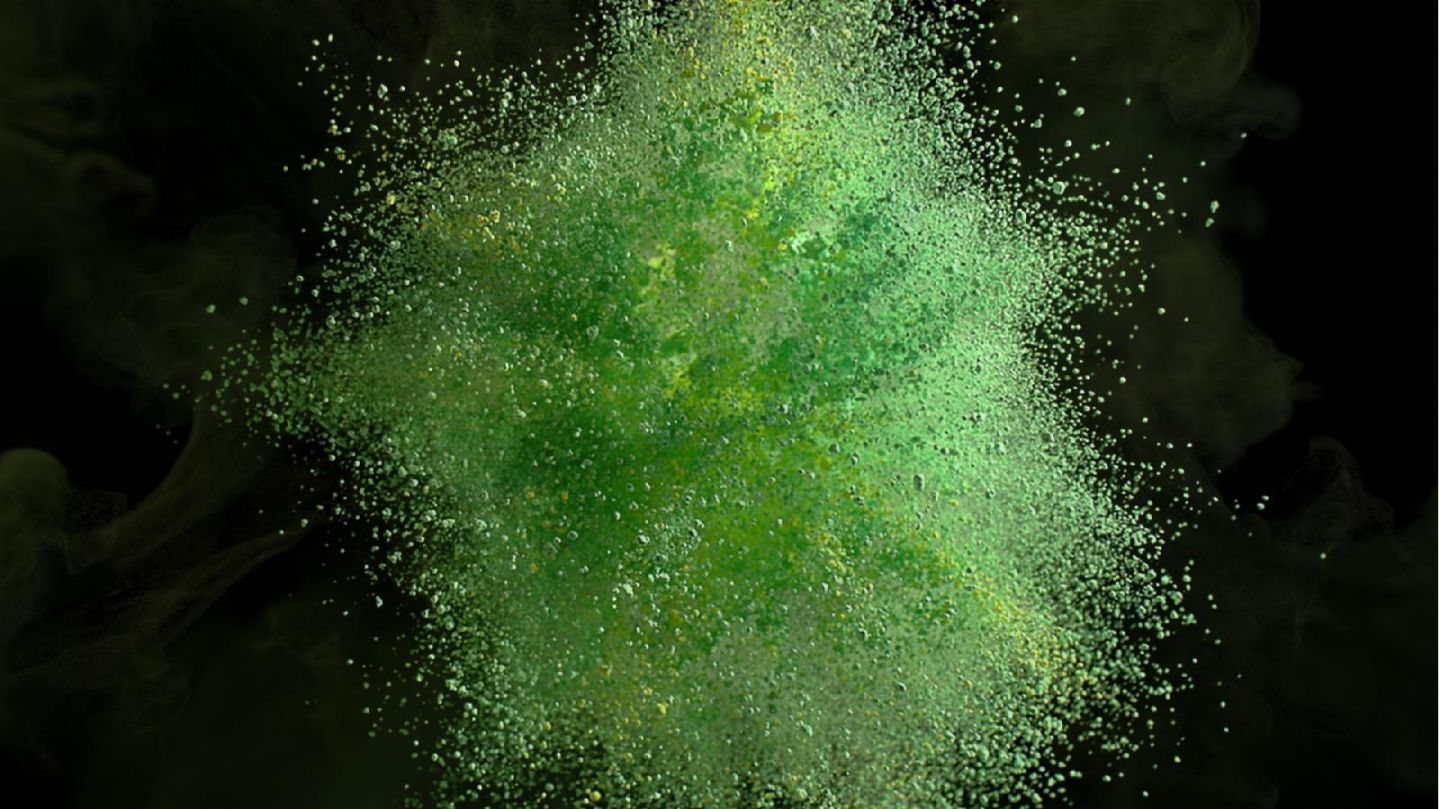Antarctic krill fishing companies have announced that they will voluntarily stop operating in key areas around the Antarctic Peninsula.
Krill are small crustaceans that are a keystone species in the Antarctic, forming a crucial part of the food web. They are a vital food source for animals including whales, seals and penguins.
They also help sequester carbon from the atmosphere, which can help to mitigate the effects of climate change.
Interactive: Protecting the Antarctic
There are huge numbers of krill in Antarctic waters, but some studies show that their numbers have declined in recent decades, which has prompted groups like Greenpeace to campaign for the krill fishing industry to stop operations in sensitive areas.
CNN accompanied Greenpeace to Antarctica in March, for the last month of its campaign to raise awareness about the need to protect the Antarctic’s waters.
‘Taking the first step’
The five companies that have made the commitment together form the Association of Responsible Krill Harvesting Companies (ARK), and represent 85% of the Antarctic krill fishing industry, according to Greenpeace. They will cease fishing in certain ecologically sensitive areas around the Antarctic Peninsula by 2020.
Kristine Hartmann, of Norwegian company Aker Biomarine, said: “We believe it’s important that the industry show that we are able to take the first step and show that we can take care of the ecosystem in which we operate.”
She added: “This is a historic agreement in that companies in China, Chile, Korea and Norway are able to agree and make the first move.”
She said Aker would now only fish 30 - 40km beyond coastal areas around penguin colonies on the Western Antarctic Peninsula, to protect penguins during the breeding season.
The announcement was made at Greenpeace’s Antarctic 360° event in Cambridge, UK. Frida Bengtsson, of the Greenpeace Nordic Protect the Antarctic campaign, said: “This is a bold and progressive move from these krill fishing companies, and we hope to see the remainder of the krill industry follow suit.”
Chris Johnson, WWF Antarctica program lead, said: “WWF welcomes the initiative … A comprehensive and effective network of marine protected areas surrounding the continent – which must include no-take marine sanctuaries – is essential for safeguarding biodiversity and improving sustainable fisheries. The accelerating impact of humanity on fragile ocean ecosystems, including from climate change, makes this commitment to Antarctic protection all the more timely.”
Fishing for Antarctic krill has fallen since its peak in the 1980s, but there’s been a recent revival to service a growing demand for dietary supplements containing omega-3 fatty acids, and to provide feed for fish farms.
The ARK companies also pledged support for the creation of a network of marine protected areas, including a protective area spanning 1.8 million square kilometers in the oceans around Antarctica, a proposal put forward by the EU.
In October, the Antarctic Ocean Commission will decide whether to adopt that proposal, which would become the world’s largest ocean sanctuary.








